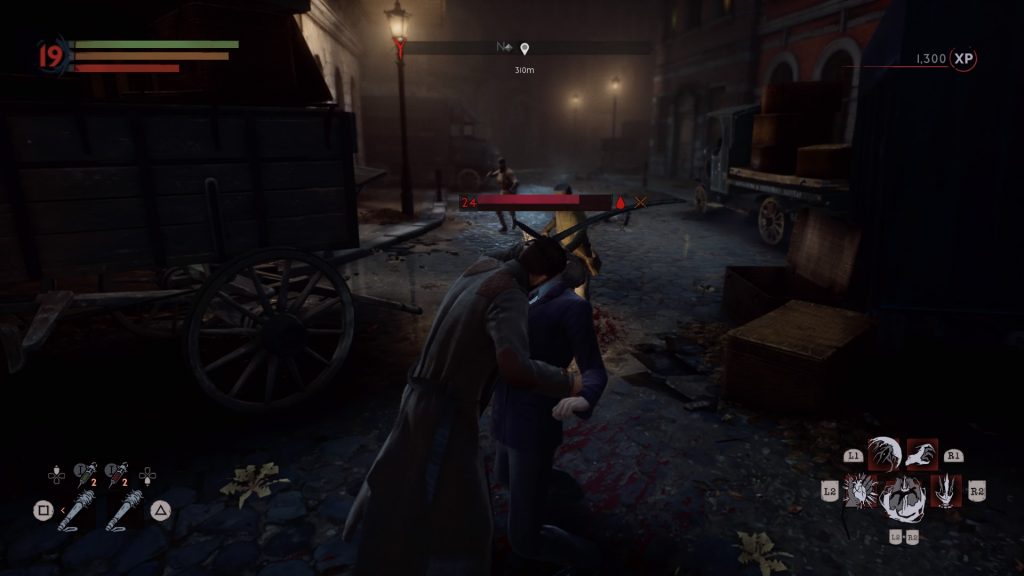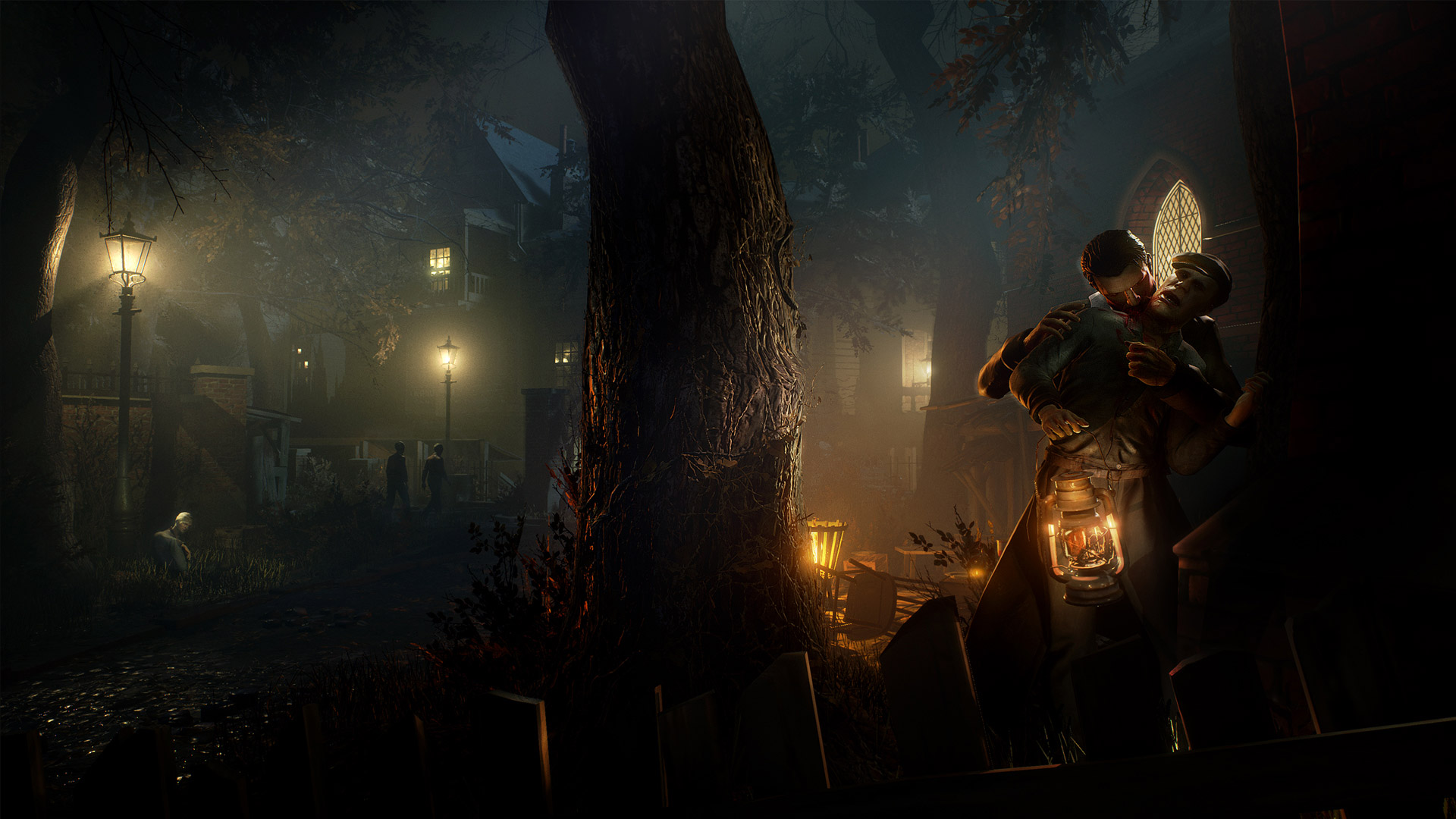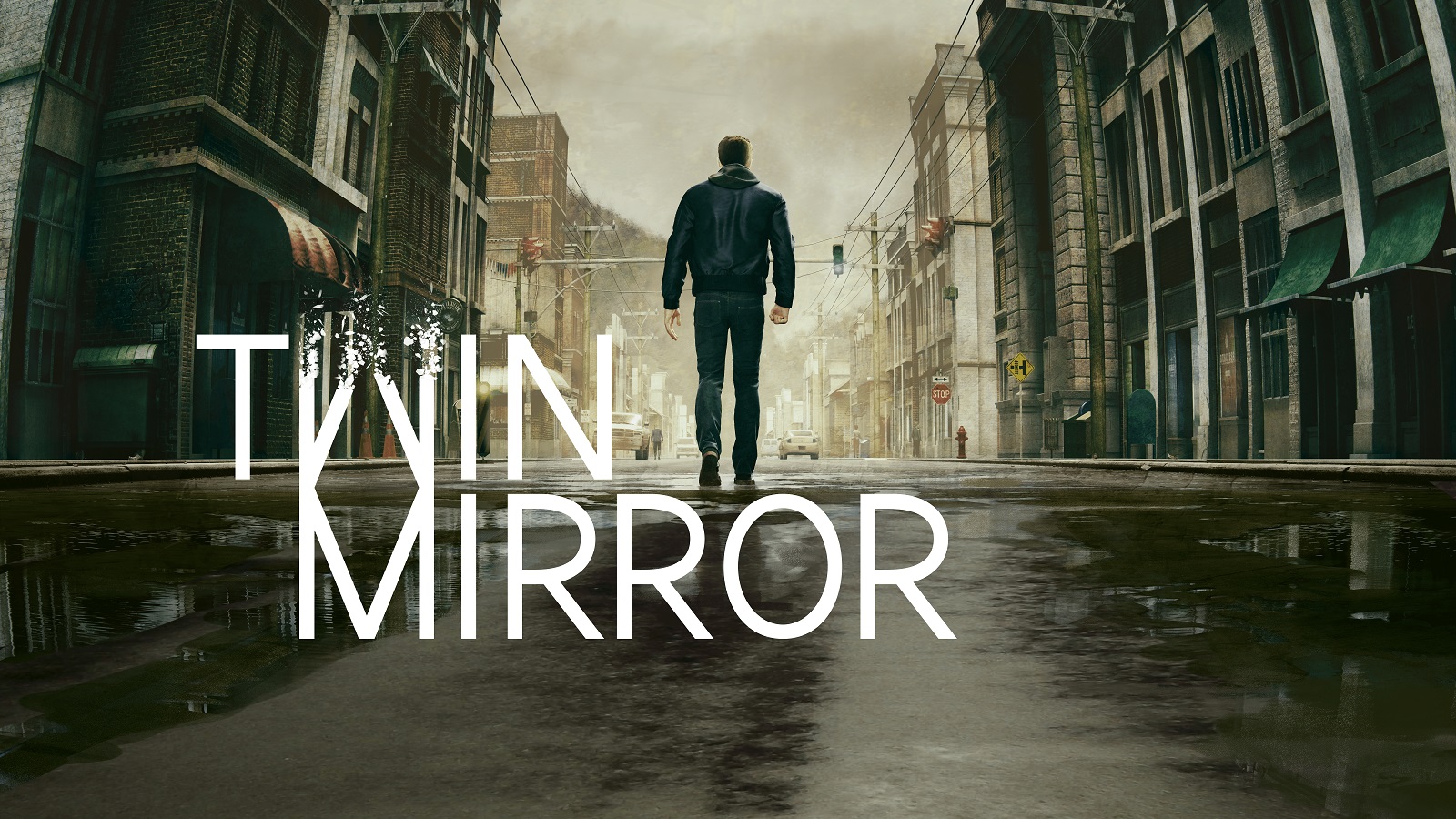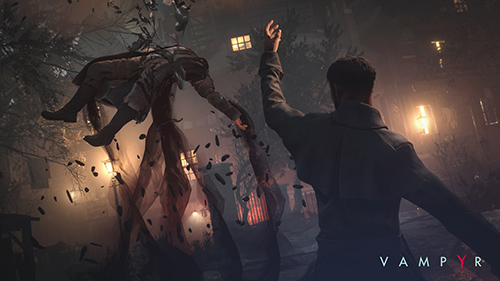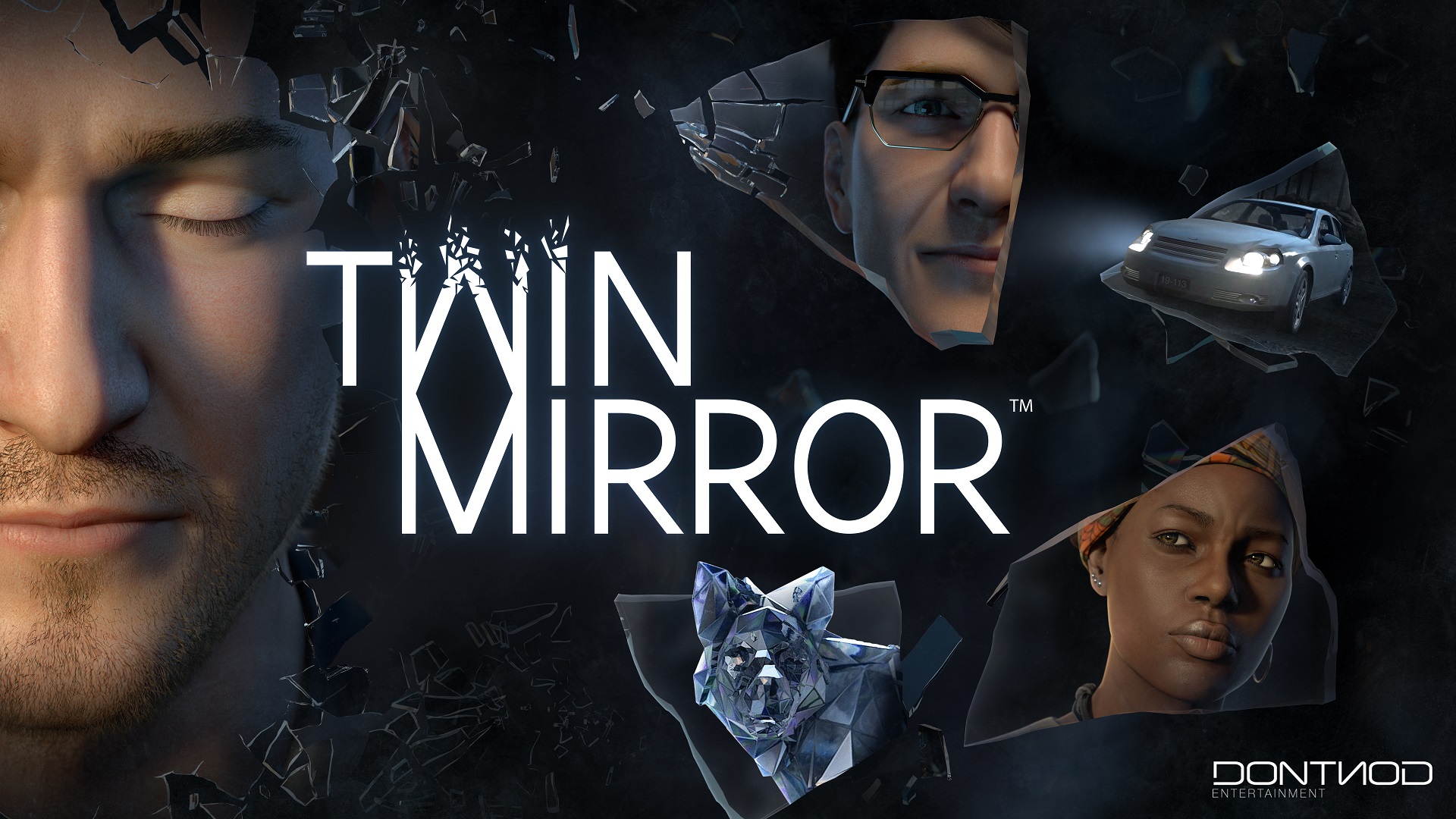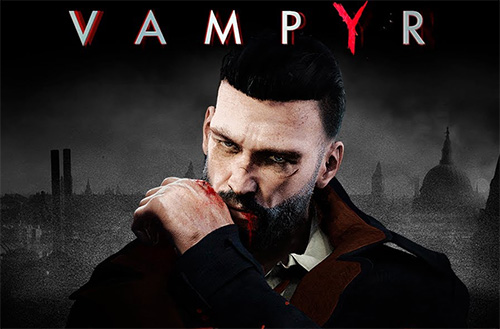
Vampyr was one of the biggest surprises for me at last year’s E3, so much so it became one of my most anticipated games for 2018. From Dontnod Entertainment, the developers of Life is Strange and Remember Me, Vampyr promises to offer something that RPGs have tried and failed to deliver for years – real consequences for your actions. Tying hard moral decisions to real gameplay in a compelling open-world RPG is an ambitious goal, and it’s one that Vampyr achieves to an extent.
The main conceit of Vampyr revolves around the main character, Dr. Jonathan Reid, and his recently-acquired condition as a vampire. Returning home to London from service in World War I, Reid wakes to find himself transformed against his will into a creature of the night, one with an insatiable need to feed on the blood of others to gain strength. Vampyr‘s best idea is that it ties this need to a traditional RPG levelling system, and then builds a complex network of potential victims around Reid. EXP can be slowly gathered through the game’s rather average combat system, but the only way to really get the boosts you need are from feeding on the game’s characters.
There are four districts of London that Reid can explore, each with their own array of citizens who have their own personalities, backstories and relationships with others. Reid can not only feed on any character you choose, but can ‘enrich’ their blood by finding clues about their lives, undertaking side-quests for them and curing them of illnesses with treatments he can craft, maximising their EXP output. However, feeding on a character and taking them out of a district has an affect on the community as a whole, especially if they’re considered a ‘pillar’ whom all the citizens revolve around. If Reid farms from an area a little too much, not only can their citizens come down with serious afflictions, but the entire district can fall into disrepair completely and become hostile, forever filled with enemies.
This mechanic is the game’s greatest strength, and one that really affected me the first few times I had to make a moral decision not only on when to feed but on whom. One of the early choices completely caught me off-guard, as I didn’t realise the extent of its consequences, not only removing a pillar of one of the game’s districts, but basically turning it into a sinking ship that eventually just killed everyone. After that disaster, I didn’t feel quite as bad being a bit more liberal in my feeding habits, as Vampyr quickly became a slippery slope of enriching targets and harvesting their rewards. Basically, it turned me into a monster. Vampyr not only asks you to pay attention to its characters, but also to cast judgement, and it gets very grey morally, very quickly.
It’s a shame, then, that the main storyline of Vampyr is rather uninteresting in comparison. As a doctor, Reid becomes involved in finding the source of a flu epidemic in London that is quickly growing into something more, transforming inhabitants into monsters that litter the streets, as they are fought by equally numerous vampire hunters. Vampyr builds a complex lore that includes various species of vampires with different lineages and evolutions, alongside real life historical figures and events, but it doesn’t help the fact that unravelling the main campaign’s mystery feels dull, a fact which isn’t helped by average voice-work, which is a shame given so much of your time in the game is spent in dialogue.
While clue-gathering and dialogue is the main thrust of Vampyr‘s most interesting aspects, combat becomes increasingly prevalent as the campaign continues, as Reid fights both hunters and infected monstrosities. Reid feels unusually light on his feet, to the extent that combat lacks weight at times, and in addition to health and stamina, also has a blood meter. By stunning enemies, Reid gains the chance to briefly feed on them to refill his blood, allowing him to execute special abilities such as healing, ranged blood spears and shadow explosions, and close-range claw attacks. You also have access to a few super ‘rage’ abilities that act on a cooldown timer, allowing one-off but very cool-looking attacks. However, combat can soon fall into repetition as the pattern emerges – stun your enemy, feed on its blood, unleash powerful blood attacks/heal, repeat. There are diverse enemies, each with their own resistances helpfully signposted on their life-bars, but the pattern rarely fails to work, even when facing much higher-leveled enemies.
While Vampyr has lofty AAA-ambitions, its technical execution leaves something to be desired. While rather atmospheric on PC, the PS4 version lacks detail in some character models and environments, with strange pop-in and choppy animations frequently seen when looking into the distance. For the entire last act of the game, all voiced dialogue disappeared for me, even after restarts, meaning I had to rely on subtitles. Enemy behaviour can be buggy, especially around districts. Each district has areas where enemies will appear and you have access to combat, but moving into a story-related character-filled area forces Reid to put away his weapons and enemies to lose interest. This leads to some especially amusing scenarios where stepping over a line in the pavement that divides areas is enough to cause swarming enemies to suddenly stop chasing you, and allow Reid to heal up and emerge to unleash a bit more damage.
The uniqueness of Vampyr‘s citizen system, and the way it ties the central vampire theme to gameplay and consequences is impressive, and makes me want to like Vampyr a bit more than I actually did. While I enjoyed exploring the world and collecting clues about its inhabitants, the dull central plot and eventually repetitive combat did cause me to lose interest by the end. I think there’s definitely an audience for this kind of gothic RPG, who will enjoy the narrative’s delve into vampire politics more than I, and Vampyr has cult-status written all over it. Despite numerous technical problems, especially on PS4, if you’re after a game that actually enforces consequences to moral choices, and will undoubtedly make you genuinely feel bad, Vampyr is the emotional roller-coaster you’re looking for.
-Interesting and unique morality system tied to gameplay -Gothic tone and atmosphere -Plenty of lore and characters to delve into
-Despite diverse options, combat gets repetitive quickly -In rough technical shape -Main story and voice acting a little dull

